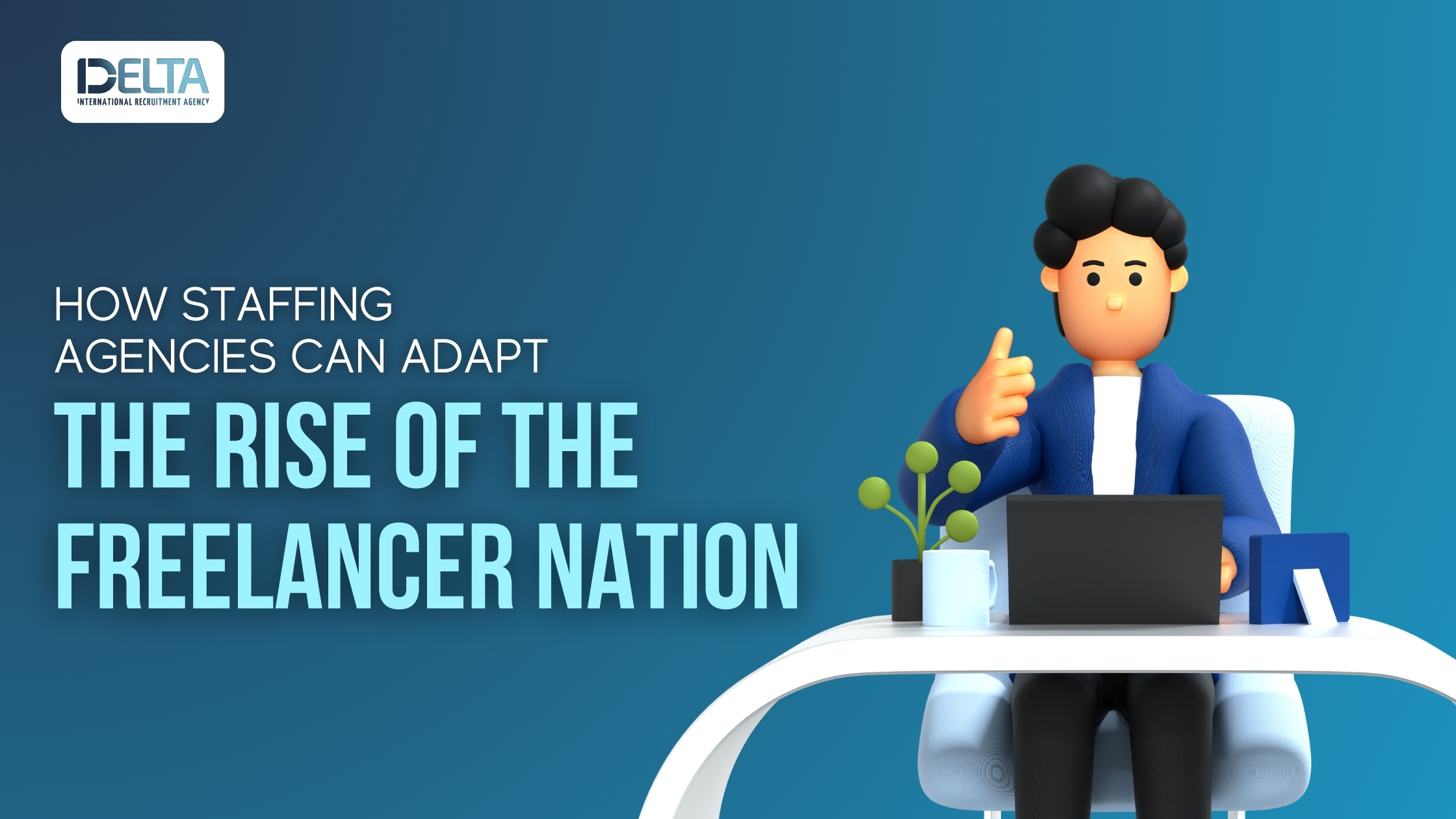Did you know that the Gulf region is one of the most vulnerable areas in the world when it comes to climate change? As temperatures rise and extreme weather events become more frequent, the implications for both the environment and the economy are profound. At the same time, businesses in the Gulf face significant talent acquisition challenges as they strive to attract skilled professionals in a competitive market. This blog explores the top five climate change challenges in the Gulf and examines the talent acquisition hurdles companies encounter in this dynamic region.
Top 5 Climate Change Challenges in the Gulf
The Gulf countries are experiencing severe climate challenges that threaten their environmental stability and economic viability. Here are the top five issues:
Rising Temperatures
The Gulf region is projected to see summer temperatures soar, potentially exceeding 60°C (140°F) by 2050. This extreme heat not only threatens human health but also impacts economic productivity, particularly for outdoor laborers who are essential for infrastructure projects.
Water Scarcity
Water resources are critically strained due to low precipitation and high evaporation rates. The Gulf states rely heavily on desalination, which is energy-intensive and contributes to greenhouse gas emissions. By 2040, water shortages could severely impact agriculture and food security across the region.
Increased Frequency of Extreme Weather Events
The region has witnessed a rise in hurricanes, floods, and dust storms. These events disrupt daily life and economic activities, posing risks to health and safety.
Loss of Biodiversity
Climate change is leading to habitat destruction and a decline in marine ecosystems. This loss threatens local fisheries and biodiversity, which are crucial for both food security and tourism.
Urban Heat Island Effect
Rapid urbanization has created microclimates characterized by higher temperatures than surrounding rural areas. This phenomenon exacerbates heat-related health issues and increases energy consumption for cooling.
Talent Acquisition Challenges in the Gulf
As businesses navigate these climate challenges, they also face talent acquisition challenges. Here are some key hurdles:
- Shortage of Skilled Talent: There is a growing demand for skilled professionals in emerging technologies like AI and machine learning. However, the supply of qualified candidates is limited, making it difficult for companies to fill critical roles.
- Intense Competition for Candidates: With many organizations vying for top talent, especially within Global Capability Centres (GCCs), companies must differentiate themselves to attract skilled workers. This competition drives up hiring costs and extends recruitment timelines.
- Increased Hiring Costs: The rising demand for skilled labor has led to higher salaries and additional expenses related to recruitment, onboarding, and training. Companies must invest significantly to secure top talent.
- Evolving Skill Requirements: As technology evolves, so do the skills needed for various roles. Companies must continuously adapt their hiring strategies to meet these changing demands, which can complicate recruitment efforts.
- Cultural Fit and Retention Issues: Finding candidates who not only possess the required skills but also fit well within a company’s culture is crucial. High turnover rates can be costly and disruptive, making retention strategies essential.
Strategies to Overcome Talent Acquisition Challenges
To effectively navigate these talent acquisition challenges, companies can implement several strategies:
Build a Strong Employer Brand
Highlighting unique company values and benefits can attract candidates. A compelling employer brand can set a company apart from competitors.
Develop Partnerships with Educational Institutions
Engaging with universities and technical schools can create a pipeline of fresh talent. Collaborating with these institutions allows companies to identify potential hires early on.
Invest in Employee Development
Offering training programs not only enhances employee skills but also improves retention rates. Companies that prioritize employee growth are more likely to maintain a committed workforce.
Utilize Technology in Recruitment
Leveraging AI tools can streamline the hiring process by matching candidates more effectively with job openings based on their skills and experiences.
Emphasize Skills Over Degrees
Adopting a skills-based hiring approach broadens the candidate pool significantly. This strategy allows companies to find qualified individuals who may not have traditional educational backgrounds but possess relevant experience.
Conclusion
The Gulf region faces significant climate change challenges that threaten its environmental stability and economic future. Simultaneously, businesses must navigate complex talent acquisition hurdles as they seek skilled professionals amidst rising competition. By implementing strategic approaches to recruitment while addressing climate issues head-on, Gulf countries can work towards a sustainable future that supports both their ecosystems and their economies.
Delta International Recruitment Agency is one of the top recruiting and sourincg company in Pakistan providing manpower over a decade. If you want over come these talent acqusiton challenges, then simply connect with our top manpower recruitment firm for Gulf to get best results. Understanding these interconnected challenges is crucial for fostering resilience in both environmental policies and workforce development in the Gulf region.
Recruitment Industry: Overseas Recruiting Guides




